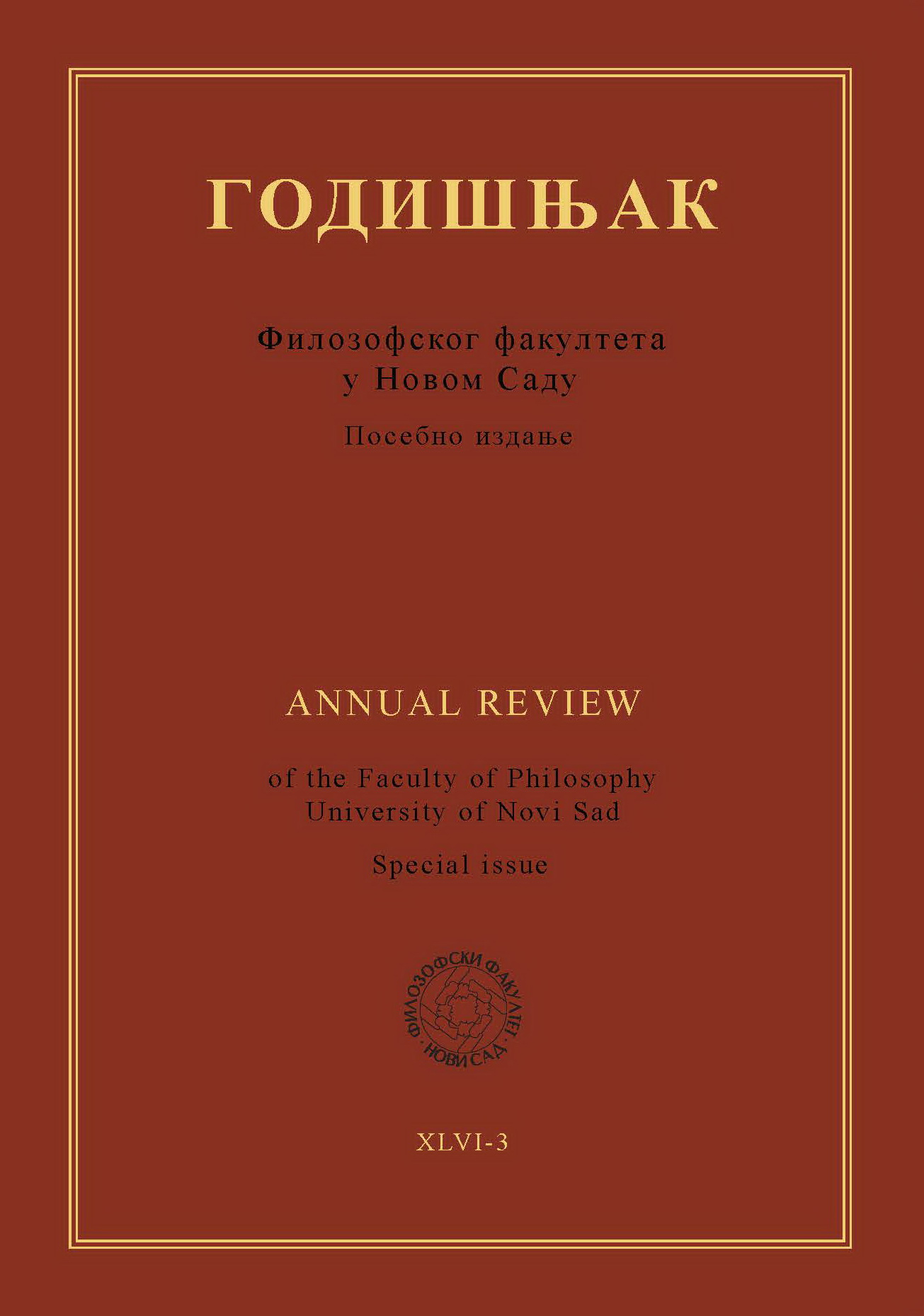LITERARY INVESTIGATION, IN SEARCH OF ONESELF: ISABELLE SORENTE, THE WITCH COMPLEX
Main Article Content
Abstract
In The Witch Complex (2020), Isabelle Sorente tells how the image of the witch bursts into her life and into her writing, and leads her to question the psychic impact of witch hunts, as well as its tacit transmission to later generations. If contemporary literature "readily lays claim to inquiry as a writing process" (Laurent Demanze, Un nouvel âge de l’enquête), The Witch Complex illustrates this trend by combining historical inquiry, exploration of family memory, self-analysis and introspection. In our analysis of Isabelle Sorente's latest novel, we will turn our attention to this particular mode of literary representation of the inner life, where writing conceived as an investigation becomes the vehicle of an inner transformation. By pursuing a parallel analysis of the author's growing awareness of the witch hunts and of her own subjugation to the witch complex, and of the generic transformations that the text undergoes, we will see that the investigation first transforms the novel into an essay, and brings it closer to the notion of literature applied to psychoanalysis, as defined by P. Bayard. When the story unexpectedly turns to the author's adolescence and the traumatic experiences that marked her but have since been forgotten, we will see how the text further transforms when recalling the personal and family past, instead of being the culmination of storytelling, opens up the text to the stories of others, thus confirming the thesis of Judith Butler on the importance of the other for the act of storytelling. Ending on a series of reflections inspired by the various ways in which one can regain one's feminine truth, the text refuses any traditional narrative closure in its pursuit of an authentic search for spiritual truth, and its generic hybridity can be seen as serving the same purpose. Finally, the reflections of P. Ricœur will allow us to articulate the relationship between documentary literature and the construction of the subject. Where the violence suffered takes away the power of the person over her own life, the textual configuration allows her to once again become the author of its meaning.
Downloads
Article Details

This work is licensed under a Creative Commons Attribution-ShareAlike 4.0 International License.
References
Bayard, P. (2012). Peut-on appliquer la littérature à la psychanalyse ? Paris : Les Éditions de minuit.
Butler, J. (2007). Le récit de soi. Traduit de l’anglais par Bruno Ambroise et Valérie Aucoutourier. Paris : Presses Universitaires de France.
Cannone, B. (2001). Narrations de la vie intérieure. Paris : Presses Universitaires de France.
Chollet, M. (2018). Sorcières : la puissance invaincue des femmes. Paris : Zones.
Demanze, L. (2019). Un nouvel âge de l’enquête : portraits de l’écrivain contemporain en enquêteur. Paris : Éditions Corti. DOI: https://doi.org/10.3917/rbnf.059.0124
Eliade, M. (1978). Quelques observations sur la sorcellerie européenne. In: Occultisme, sorcellerie et modes culturelles. Traduit de l’anglais par Jean Malaquais. Paris : Gallimard. 93–124.
Jung, C. G. (1987). L’homme à la découverte de son âme : structure et fonctionnement de l'inconscient. Préfaces et adaptation par le Dr Roland Cahen. Paris : Albin Michel.
Les Sorcières : Histoire d’une renaissance (no 4, novembre-décembre 2019). Le Point Référénces, Hors série.
Michelet, J. (1878). La sorcière. Paris : Calmann Lévy.
Ricœur, P. (1983). Temps et récit 1 : L’intrigue et le récit historique. Paris : Éditions du Seuil.
Ricœur, P. (1990). Soi-même comme un autre. Paris : Éditions du Seuil.
Sorente, I. (2015). La faille. Paris : JC Lattès.
Sorente, I. (2020). Le complexe de la sorcière. Paris : JC Lattès.




